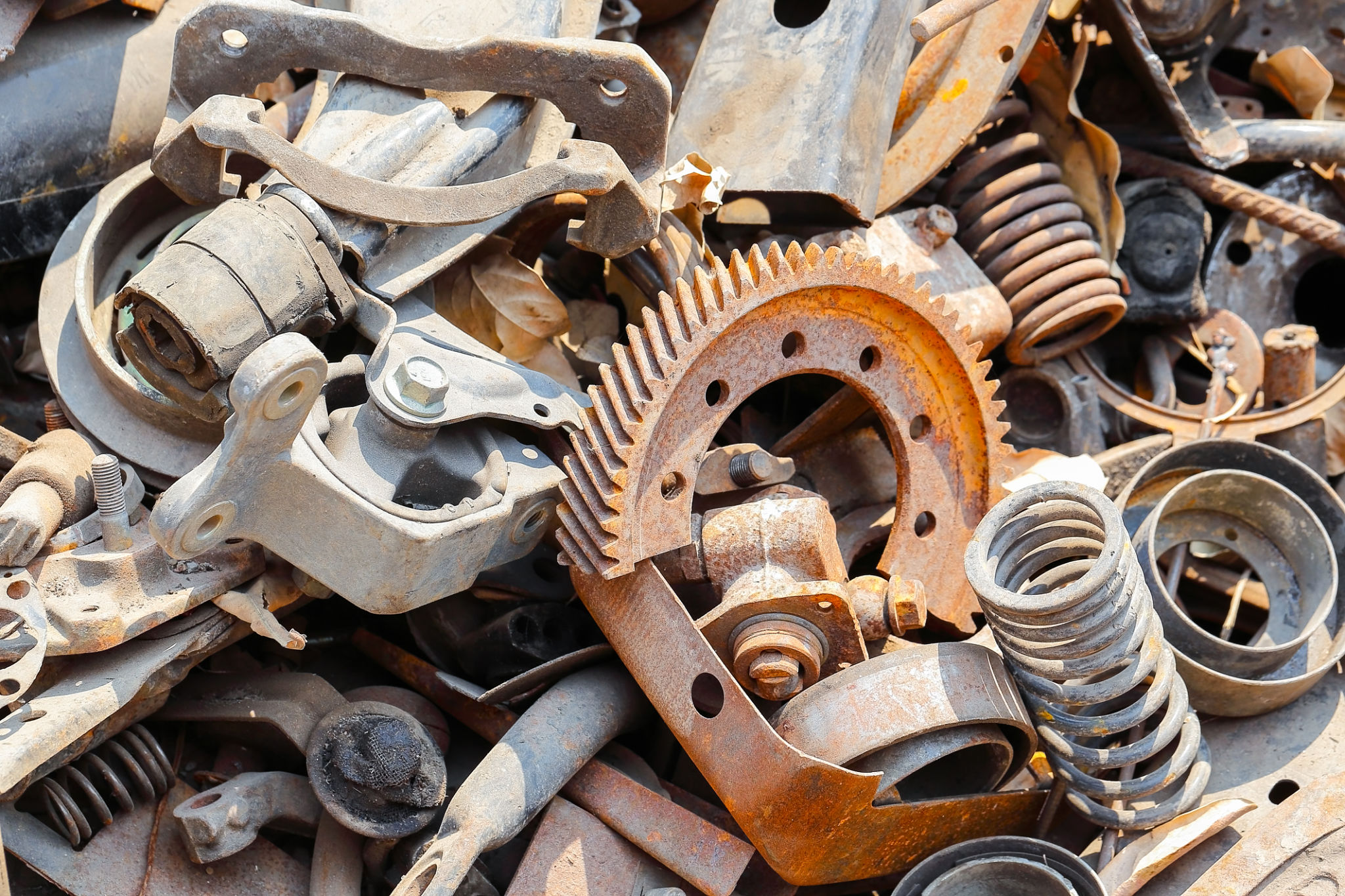Common Misconceptions About Buying Scrap Metal in California
Understanding the Basics of Scrap Metal Buying
Buying scrap metal in California can seem daunting, especially with the myriad of regulations and misconceptions surrounding the process. However, understanding the basics can demystify the experience, allowing you to navigate the market effectively. It is crucial to differentiate between myths and facts to make informed decisions.
One common misconception is that purchasing scrap metal is solely for large businesses or industries. In reality, individuals and small businesses can also benefit from buying scrap metal. Whether you're a hobbyist looking for materials or a small business owner seeking cost-effective raw materials, the scrap metal market has something to offer.

Myth: Scrap Metal is Always Low Quality
A prevalent myth is that scrap metal is inherently inferior in quality compared to newly manufactured materials. This belief discourages many from exploring this sustainable option. However, scrap metal often retains its original properties and can meet industry standards when processed properly. Numerous industries rely on recycled metal because it offers comparable quality at a fraction of the cost.
It's important to evaluate the source and condition of the scrap metal before purchasing. Many reputable dealers offer high-quality scrap that has been sorted and cleaned, ensuring it meets specific requirements. By doing so, buyers can secure reliable materials for various applications.

Legal Considerations in California
Another misconception involves the legal complexities of buying scrap metal in California. While there are regulations governing the trade, they are not as prohibitive as some may think. The state has implemented laws to prevent theft and ensure transactions are conducted ethically, but these rules are straightforward for legitimate buyers.
Understanding these regulations is crucial. For instance, businesses are required to keep detailed records of transactions and may need to verify the identity of sellers. Familiarizing yourself with these laws can streamline your buying process and help avoid any legal pitfalls.

Prices and Market Trends
Many potential buyers believe that scrap metal prices are always low and consistent, which is not the case. Prices fluctuate based on market demand, the type of metal, and global economic conditions. Staying informed about these trends can help you make strategic purchasing decisions.
Utilizing resources such as online marketplaces or industry reports can provide insights into current pricing. By understanding market dynamics, you can anticipate changes and adjust your purchasing strategy accordingly, ensuring you get the best value for your investment.
Sustainability Benefits
A significant advantage often overlooked is the environmental impact of purchasing scrap metal. By choosing recycled materials, buyers contribute to reducing landfill waste and conserving natural resources. This eco-friendly choice supports sustainability efforts and aligns with many companies' green initiatives.
Additionally, using recycled metals often requires less energy compared to processing raw materials, further reducing carbon footprints. By integrating scrap metal into your projects, you not only save money but also support a more sustainable future.

Conclusion: Embrace the Opportunities
In conclusion, buying scrap metal in California presents numerous opportunities for both individuals and businesses. By dispelling common misconceptions and understanding the realities of the market, buyers can make informed decisions that benefit both their wallets and the environment.
Whether you're new to the world of scrap metal or looking to expand your existing operations, embracing this sustainable resource can result in significant advantages. With knowledge of market trends, legal requirements, and quality considerations, you can confidently navigate the scrap metal landscape.